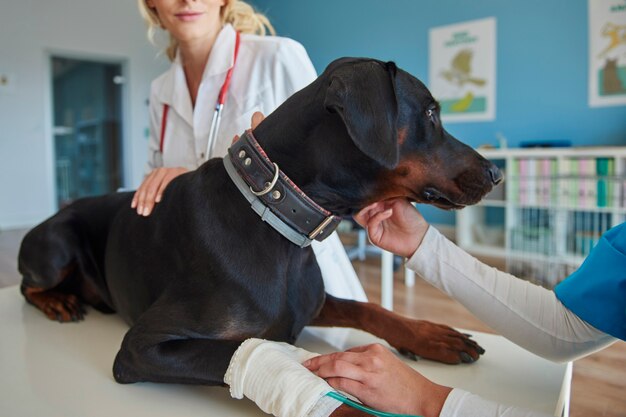
If you own a pet, you probably care a lot about their wellbeing. As pet owners, we’re often ready to do whatever it takes for our furry friends, which is why dogs have earned the nickname “man’s best friend.” Vets know this too.
Feeling like you need to take out a second mortgage to cover your pet’s medical bills? You’re not alone. On average, pet owners spend about $500 each year on vet bills, according to USA Today. For more serious health issues, those costs can skyrocket to $1,000 or more.
It’s understandable—we see our pets as family members and want them to stay healthy and happy. But there are ways to reduce those hefty vet bills.
Find a More Affordable Vet
Many people choose their vet based on convenience or recommendations. But if you’re willing to drive a bit further, you might save money without sacrificing the quality of care for your pet.
For example, I couldn’t find a tooth cleaning service for less than $190 in the city. However, by going to a vet near my in-law’s house, just a 20-minute drive, I got the same service for $125, saving $65.
A slightly longer drive can be worth it if it means saving some money. Regular vet visits cost $40 there, versus $60 in my neighborhood.
If you’re not sure where to find a more affordable vet, ask friends or check Yelp. Don’t hesitate to call around and compare prices before settling on a vet just because they’re close by.
Purchase Medications from the Pharmacy
You can save a lot on pet meds by buying them from a pharmacy instead of directly from the vet. Many pet medications have human equivalents available at local drugstores.
While it might be a bit less convenient, the savings can be significant over time. Pharmacies like Target and CVS are everywhere, so it’s not a huge hassle. You can also explore online options for home delivery.
Implement Preventive Measures
To avoid frequent, costly vet visits, proper preventive care is essential.
Make sure your pet gets regular exercise and a balanced diet. Annual health check-ups can catch potential problems early, before they become serious. Keeping up with vaccinations is also crucial.
Having a pet can be expensive, but with some research and effort, you can find ways to save on their care.